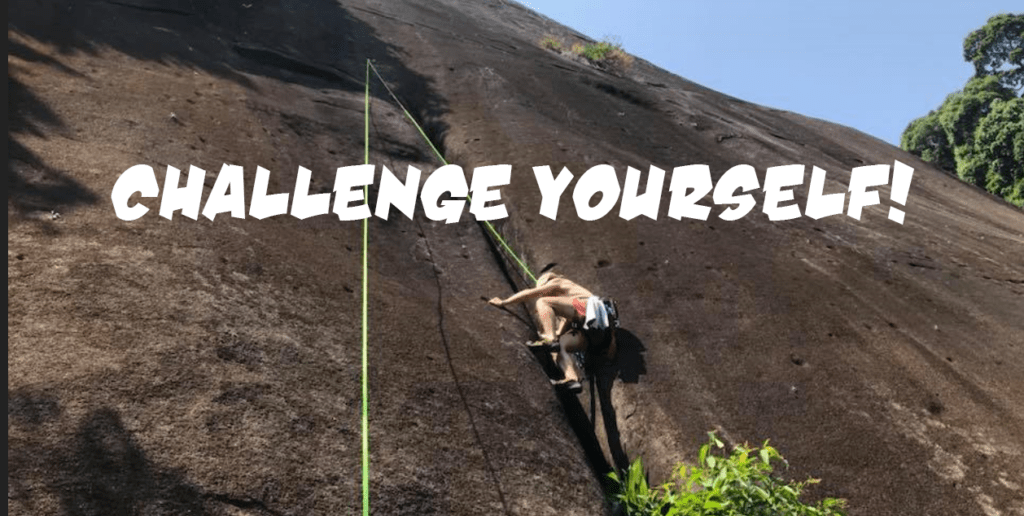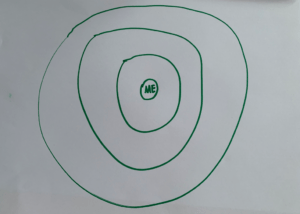In the early 1960’s, the US government decided to fund a study about Roseto, a remarkable small town of Italian immigrants in Pennsylvania. What made the town stand out was the fact that rate of hearts attacks was less than half the US average.
In their attempt to identify the reasons for the low risk of heart disease, the researchers first studied the field of nutrition. But it turned out that the Rosetans loved meatballs and sausages fried in lard with hard and soft cheeses. That could not have been the reason. Next they looked at smoking, but it turned out the people from Roseto loved their cigars. Also not the reason. After that, they analyzed their drinking habits, but it turned out they drank wine “with seeming abandon.” Finally, they looked into the working conditions, but most of the Rosetans were working in the surrounding slate quarries where they breathed dust-filled air..
So, what reduced the risks of heart attacks in Roseto so dramatically?
Its people!
The magic of Roseto was the total lack of isolated individuals crushed by the problems of everyday life. Nobody was left behind or struggled alone with life and its problems. Based on their Italian roots, the Rosetans had replicated a tight knit and highly supportive community in the US similar to what they’d known in their villages in Italy.
Over the years, these tight social bonds got diluted as people moved in and out of town, and eventually another study in the 90’s sadly revealed the same rate of heart diseases as the rest of the country.
Looking at other research in the field focused on what helps people to live healthy and fulfilling lives, you have probably heard of the Harvard Grant study, which followed more than 250 men and women … including their offspring … from the 1940’s onward, all the way through their lives.
George Vaillant, Director of the study for more than 30 years, summarizes its two main findings on what contributes to happy and healthy lives:
“First: love … and secondly: finding a way of coping with life that does not push love away.”
I believe the second part is what we struggle at times, as we risk treating those closest to us the poorest. Overall, and similar to the Rosetan research, the Grant study highlights the importance of strong and well-functioning social bonds to our wellbeing.
We are now gradually moving out of lockdown and restarting our so called new “normal” daily lives. This transition will bring its own set of challenges. A strong and effective network of good relationships around us … a supportive community … can be very helpful. Friends, mentors, colleagues, and family members who help us to not only adapt and settle well into the new rhythm, but also support us when the going gets tough in this changed world.
To prepare well for this “reboot”, I would like to invite you to do a simple yet powerful exercise that helps you evaluate the effectiveness of your relationships and how they may support or hamper you during the next few weeks and months.

Take a blank sheet of paper and draw 4 concentric circles. Put “Me” in the smallest middle circle and then begin to list (ideally with a pencil) all the people that you are interacting with in your life. As an aid, you can use your WhatsApp, email inbox, or take a look at Facebook. Depending on how close you feel to these people, how much you sense they care for you, and how much you can and usually share with them about what is really going on in your life, add the names of the people to one of the circles.  The closer the relationship, the nearer you put them to the “me”- circle. There is usually an inner circle of spouses, kids and/or other family members, followed by a circle of friends and a circle of acquaintances.
The closer the relationship, the nearer you put them to the “me”- circle. There is usually an inner circle of spouses, kids and/or other family members, followed by a circle of friends and a circle of acquaintances.
Once you have completed this exercise, ask yourself how well each of these relationships is working?
- Do you spend enough time with the most important people in your life?
- Are there unresolved conflicts?
- Have you been honestly sharing with them what bothers or concerns you?
- Have you asked them for advice or have they come to you for advice?
Begin with the people closest to you and look at ways you can enhance these relationships. Working your way towards the outside circles ask yourself if you want to reactivate or perhaps wind down some of these relationship?
When doing my own circles, I realised there were some people I simply do not spend enough time with. I also identified two relationships which require more work, as well as some clarification. But in general, I was quite happy and grateful, as I felt I had a strong and good support structure in place.
So, spend 10 minutes to get well prepared as you begin to walk into this unchartered life one step at a time with a well-functioning human support team around you.
By doing so, you will “never walk alone” and you will definitely reduce your risk of a heart attack.
Buen Camino!
-Joerg

Thank you Joerg for the article. It is so true that love and supportive community makes people live long. Hope you go through the Covid situation peacefully. Hope you are happy and strong in your life with Anne !
Hi Angela, so great to hear from you! I trust and hope you, Joe and the kids are well!
For us things are good here in London. Things slowly starting to open up now.
All The Best!
Joerg